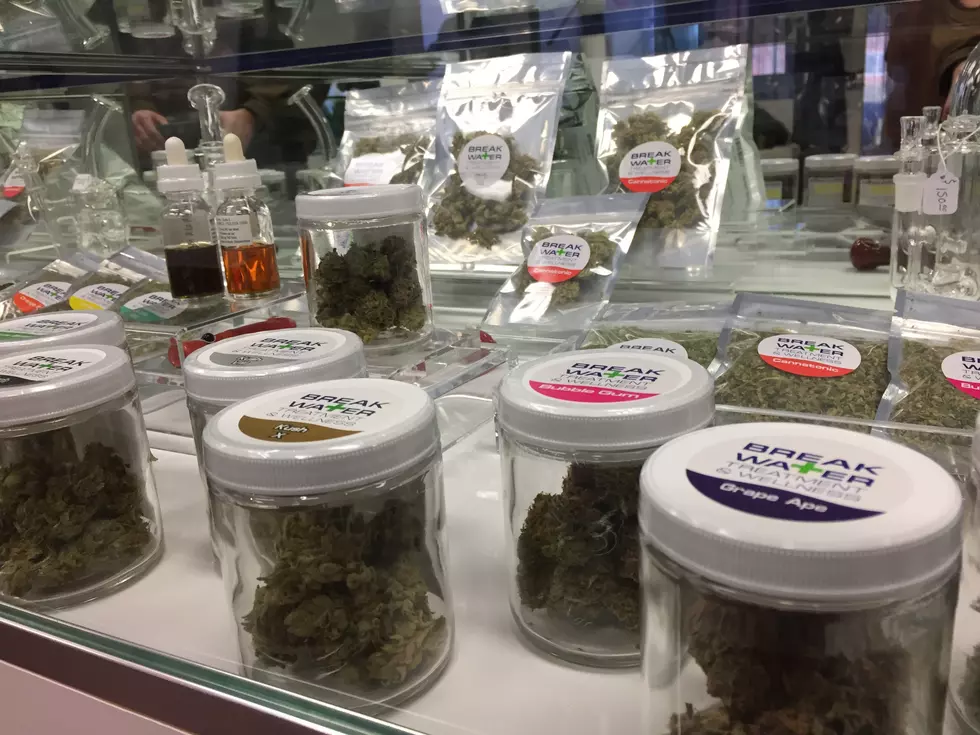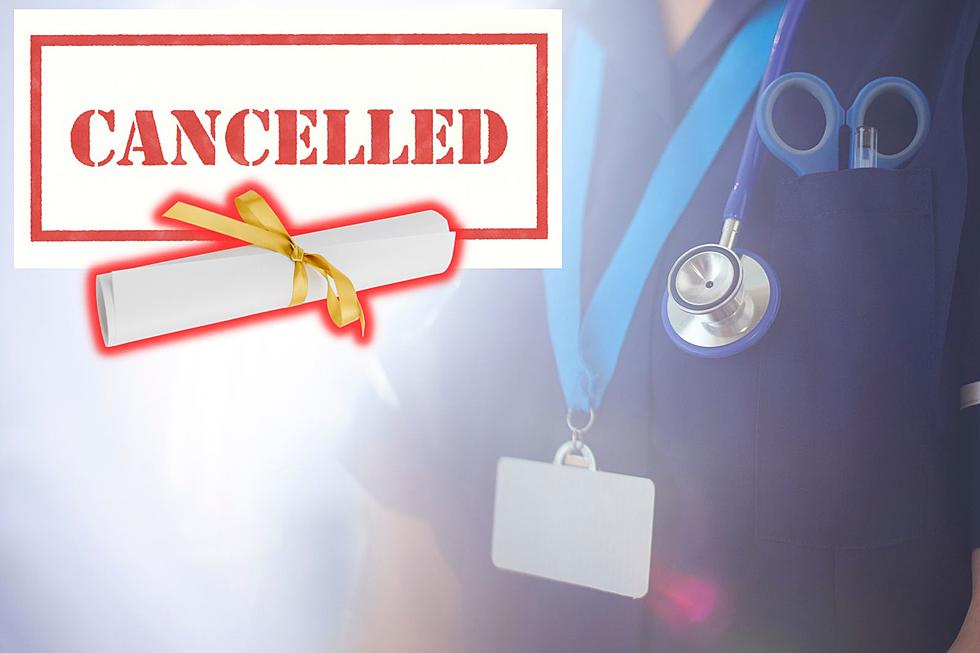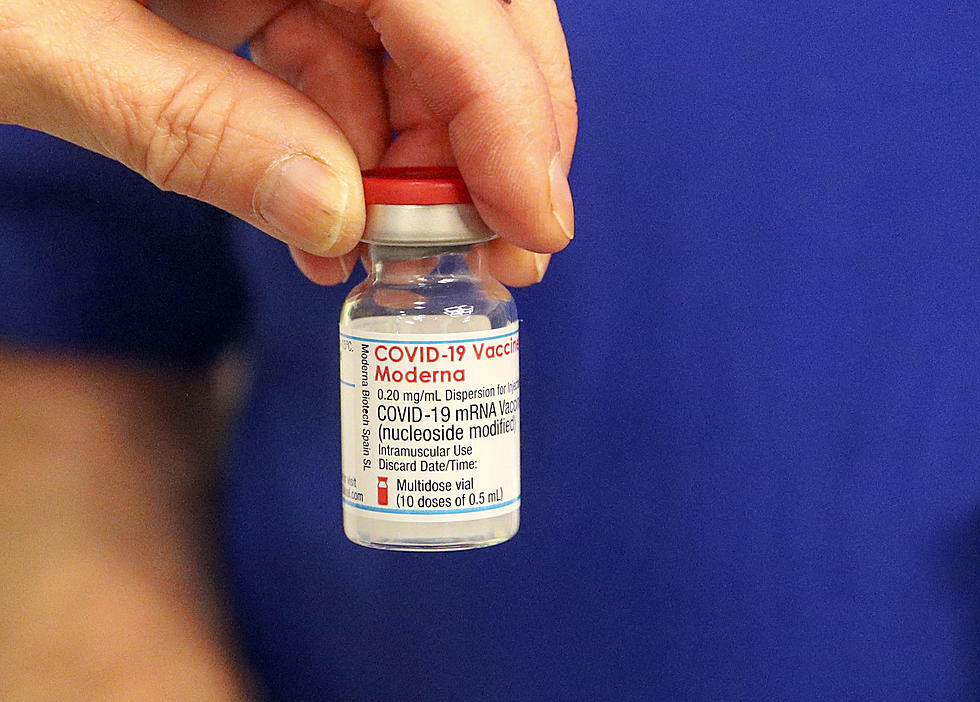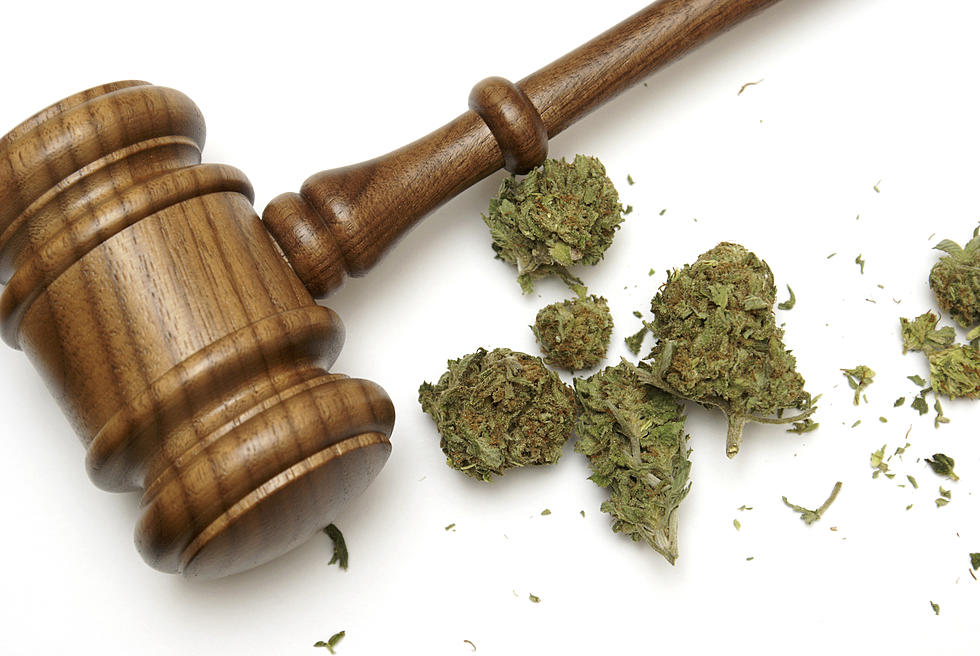
NJ Health Dept. calls for rapid growth in medical pot dispensaries
As many as 90 medical marijuana dispensaries will be needed across New Jersey during the next three years, the state Department of Health said in a report issued Monday.
There are six dispensaries now and another six in the permitting process. But with enrollment in the program growing by 150 percent in less than 15 months, the state projects the need for 24 to 50 cultivation sites and 50 to 90 dispensaries.
The report said adding more dispensaries would reduce prices and drive times. Currently, less than half the state is within 30 minutes of a dispensary, even under best-case driving conditions.
Scott Rudder, president of the New Jersey CannaBusiness Association, said that should take place no matter what winds up happening with recreational adult-use marijuana. Last week, a planned vote on legalization was scuttled due to a lack of support in the Senate.
“Right now, we have a medical program in the state of New Jersey and it needs to be something that’s expanded,” Rudder said. “It needs to be something where patients have more access, where the medicine is more affordable, and that process needs to move forward regardless.”
The Department of Health said prices in the regulated market are about 10 percent higher than the illegal market, though discounts have made the prices roughly even for about half of patients. Prices for premium whole flower were $100 an ounce above the illegal market price at five of the six dispensaries.
Bill Caruso, a steering committee member at New Jersey United for Marijuana Reform, said the report isn’t surprising and that such growth probably wouldn’t generate the type of opposition seen in some towns about recreational pot.
Roughly 70 of the state’s 565 municipalities have banned recreational pot shops, but Caruso said many included exceptions for medical sites.
“Many more communities now are willing to accept medical, including a dispensary in their town. That wasn’t the case about a decade ago. In fact, trying to get these things sited for the initial six was proving almost close to impossible,” Caruso said.
“A lot of communities have come to the conclusion that there isn’t a problem hosting a medical facility in their town, and hopefully that will be beneficial to the spread now of these facilities to ease access for patients,” he said.
The report said the six medical marijuana dispensaries nearly doubled their revenues from 2017 to 2018, going from $29 million to $53 million last year.
The report also suggests raising the 2 ounce a month limit on marijuana purchases and eliminating it entirely for terminally ill patients.
Caruso said that beyond the expansion of the number of sites, the medical program needs changes included in legislation that’s connected to the adult-use legalization plan.
Caruso says there is a rationale to tying the medical and recreational marijuana bills together, as both would be governed and regulated by a new commission, rather than the state health department. But an expansion in the number of dispensaries could be greenlighted by Murphy as soon as next month.
“As this continues to stall, if this continues to stall, it is a very clear reality that patients shouldn’t be held hostage any longer,” Caruso said.
More From WPG Talk Radio 95.5 FM










